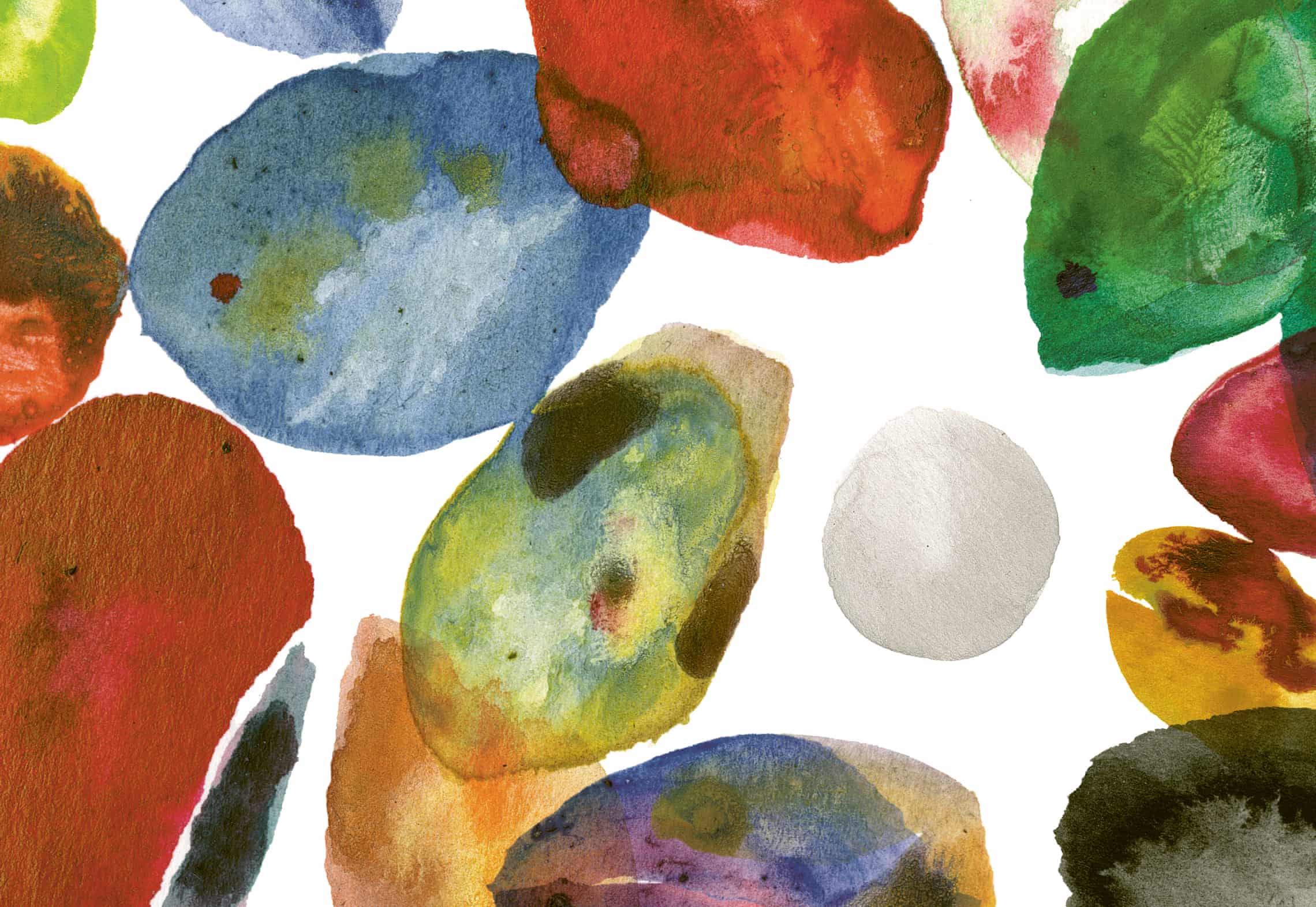by MOHSIN HAMID

From Myanmar to Pakistan, the US and Britain, an obsession with purity is driving political, religious and moral agendas. But a retreat from complexity is no guarantee of future harmony
Perhaps it is living half your life in Pakistan, for Pakistan is the land of the pure. Literally so: the land, stan, of the pure, pak. Perhaps that is why you have come to question the commonly held perception that purity is good and impurity is bad. For a tribe of humans newly arrived in a location never before inhabited by humans, such an outlook is perhaps sensible. Purity in a stream of water renders it fit to drink. Impurity in a piece of meat sickens those who eat it. Purity is hence to be valued and impurity to be avoided, resisted, expelled. And yet you believe the time has come to seek to reverse, at least partially, the emotional polarity of these two words, to extol impurity’s benefits and denounce purity’s harms.
The issue is, of course, personal. We are each of us composed of atoms, but equally we are composed by time. Since your time has been spent half inside Pakistan and half outside, and your outlook and attitudes shaped by this, you are in a sense half-Pakistani, which is to say, as Pakistan is the land of the pure, you are half-pure: an impossible state. You cannot exist as you are. Or rather, you must be impure. And if impurity is bad then you are bad. And to be bad is hazardous, in any society. So yes, the issue is personal, and pressing.
In the United States a politics of white purity is marching in white hoods and red baseball caps
But in Pakistan, the issue is political as well, for it affects everyone. Once purity becomes what determines the rights a human being is afforded, indeed whether they are entitled to live or not, then there is a ferocious contest to establish hierarchies of purity, and in that contest no one can win. No one can ever be sufficiently pure to be lastingly safe. In the land of the pure, no one is pure enough. No Muslim is Muslim enough. And so all are suspect. All are at risk. And many are killed by others who find their purity lacking, and many of their killers are in turn killed for the same reason. And on and on, in a chain reaction. The politics of purity is the politics of fission.
The Guardian for more
